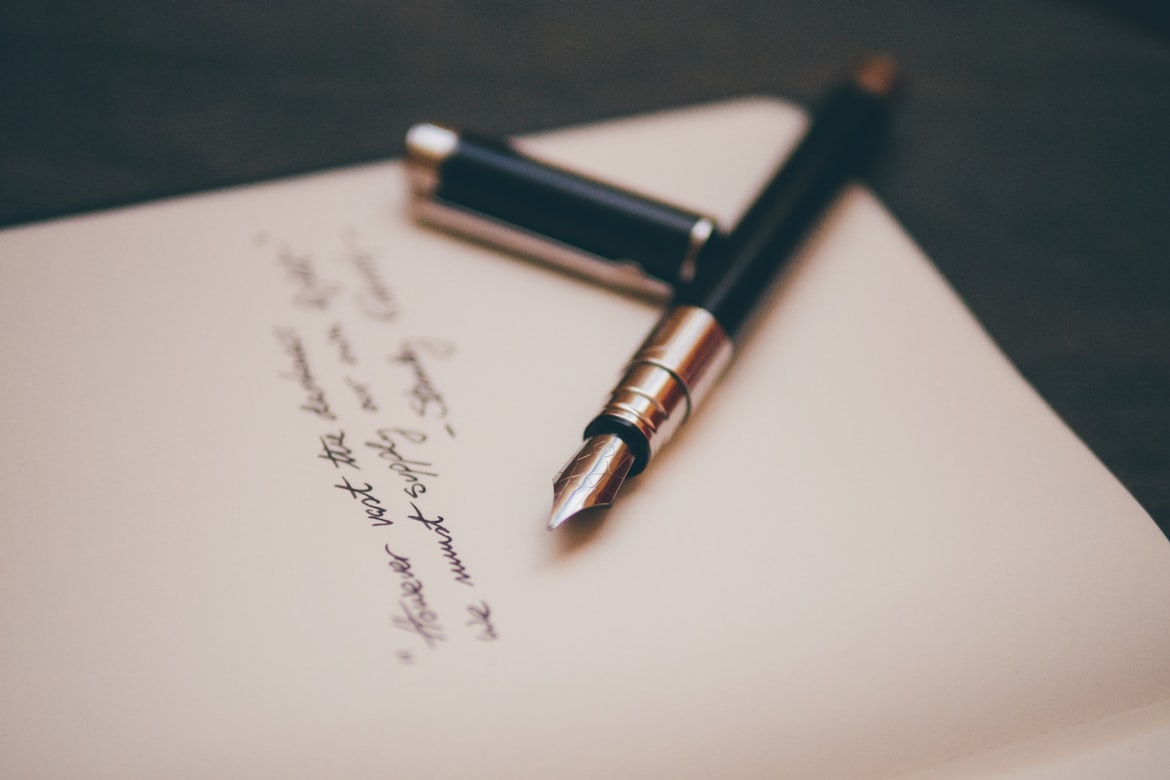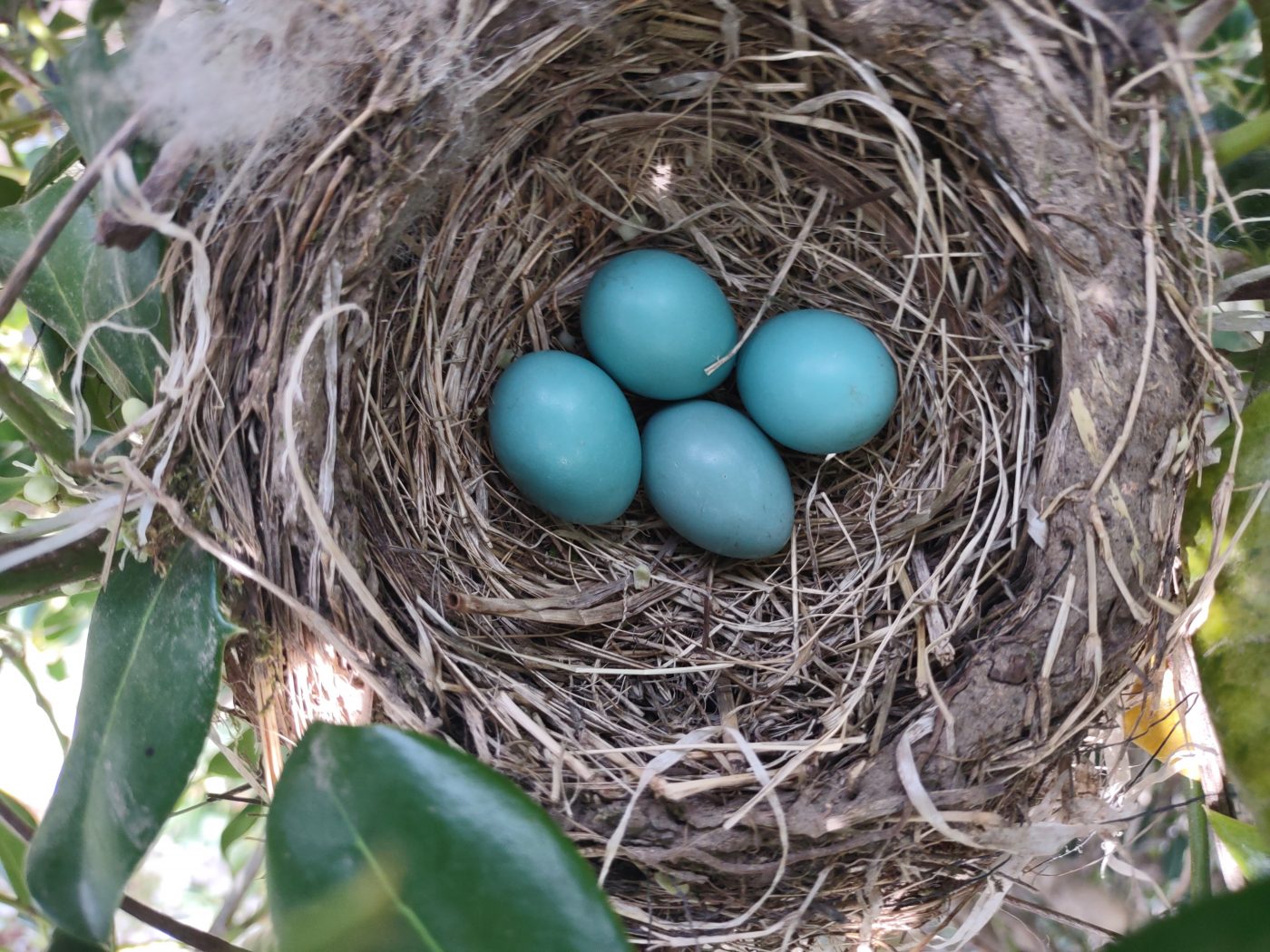Last week, I finished with the question, Should Donor Families and Recipients Meet?
I mentioned that there are many unique challenges faced by both sides. As always, I speak from my own experience, beliefs and values and in this instance, from the perspective of a organ donor’s mum.
I don’t know what it’s like to be on the recipient side of the table. Any knowledge I have has come from what I have learned, read, and the few conversations I have had with organ recipients at training days and various organ donation related events. (eg. DonateLife, The Prince Charles Hospital Foundation – Cycle of Giving)
It’s no secret that I am a big believer in communications from the ‘other side’ and nothing is random.
However, I also believe that a person’s characteristics, traits, and personality are part of the essence of who they are, and these are not found in their organs. If I had to put a label on it, I might call it part of their soul, or at least it’s a part they take with them.
And here’s the first challenge.
If someone receives an organ transplant, I do not believe they will show characteristics of the deceased any more than they would from a blood transfusion.
A recipient (or their family) who discovers the identity of the donor could come to believe though, that they mimic quirks or traits of the donor.
You may not think this is a problem but consider the following points from both sides – the recipients and the donor family.

Knowing the donor could leave the recipient (or the family) open to scrutiny and judgement
If your loved one donated part of their liver and the recipient began drinking alcohol heavily, how could you not be judgemental or have a negative feeling towards them or their actions?
It can increase the risk of a potential unhealthy attachment to the recipient
There have been several recorded instances of stalking and harassment and no doubt many more instances have gone unreported.
It can increase the chance/intensity of ‘survivors guilt’ in the recipient
This is a common emotion felt by many recipients who know that the only reason they got a second chance at life was at the expense of someone else.
How could having the donor family active in their life not be a constant reminder?
And what are the long-term implications of this if they are a young recipient?
The donor family may feel entitled to be included in every area of the recipient’s life and milestones
This leads to a higher increase of disappointment and potentially prolonged grief. The recipient is entitled to privacy and to live their life as they see fit without being constantly watched, particularly by the donor family.
The mystery revealed can result in disappointment
Consider differences in the cultural, political, or lifestyle background of the recipient and/or the donor.
The family unit needs to be considered now, and what it might look like in the future
What if it breaks down? What if some family members want to know and others don’t?
Emotional damage and further trauma cannot be undone
You cannot ‘un’know something, ‘un’see something or ‘un’say words spoken. Why risk either the recipient or the donor family being exposed to further heartache, pain, or anxiety? When emotions run high, harm-minisation is key.
Why can’t simple gratitude and paying it forward be enough?
It is common and understandable for some recipients to want to say thank you to the donor family and even prove their worth of the received organ.
I met a young recipient some years ago at a talk I was giving. She shared a little of her story and amongst other things we talked about the unique relationship between a donor family and the recipient. She had no desire to meet her donor family but once a year she sat down and struggled to find the words, and posted a short message of gratitude to them on social media.
They didn’t know each other so she knew they would never see it, but she did it as an act of raising public awareness and her way of acknowledging them and expressing gratitude. Simple. Classy. Genuine.

Occasionally if I am having coffee or a meal out, I will pay extra when settling the bill and cover a stranger’s coffee or meal. I tell the person on the register that I do not want the recipient to know it was me. I do not want thanks and my only desire is that they will appreciate and enjoy my gesture and one day pay it forward.
Sometimes we do nice things for people because it’s the right thing to do or the act of kindness makes us feel good.
When the decision was made to donate Ben’s organs, I never wanted ‘thank you’s‘.
I never wanted the families to feel indebted to me and I didn’t want outpourings of public gratitude. Today nothing has changed.
Despite occasionally baring my soul to the world and sharing our (Ben and my) story in an attempt to make a difference, I am primarily a private person. My wish for the recipients was and always will be to live long and healthy lives … make their time count … and pay it forward.
Losing a child changes you – your perspective, your attitudes, and how you conduct yourself. What you think and feel in the first week is not the same as at the end of the first year or in the fifth year. And with each change and each new experience you are gradually molded into a new version of yourself. And you owe no one an explanation.
When we have a child our instinct is to protect them.
Kerry Gordon, founder Precious wings, in loving memory of toby
When we lose a child our instinct is to protect their memory.
I am extremely protective of Ben, how and where his name is used and under what circumstances. I do everything within my power to ensure it is only ever in the highest of integrity and with complete accuracy.
When discussing the great ‘organ donation debate – contact or not’, we also might consider what the donor would want. Eternal thank you’s, and to feel indebted to? Or for the recipient to live a long and healthy life to the fullest.
Do you really need to know the identity of a donor in order to live a happy healthy and purposeful life? Is the gift of an organ itself really not enough??
None of us has a crystal ball but legislating and facilitating contact between recipient and donor families is like opening Pandora’s Box. You just don’t know what lies inside and once opened, it can’t be ‘un’opened.
If you haven’t already registered to be an organ donor, and are 16 years old+ please consider doing it now with the link below. It takes less than 60 seconds and you have the power to change lives.
https://www.donatelife.gov.au/register-donor-today
Much love
Dalya xx 💙

Dalya that was a well-explained article on Organ Donation that so many of us haven’t had to deal with. 💕The big question Contact or Not will probably always be a debate that many of us have not had to address.
I have beautiful memories of your young Ben being with you. My heart reaches out to you as you address this debate and there will always be differences of opinions.
Dalya stay strong and continue to be the loving mother of you beautiful Ben. xx💕. Much love Del